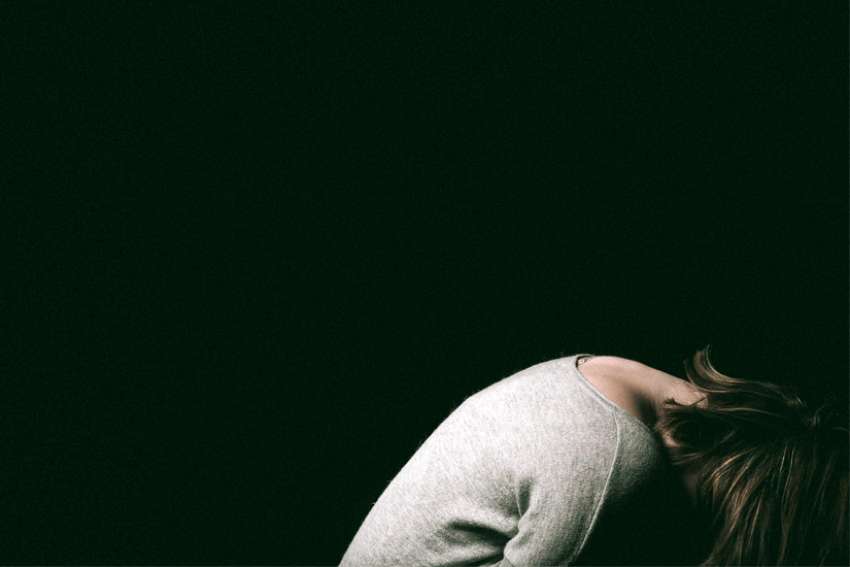Orientation week is a student’s first introduction to campus life. You go to hundred-person lectures for the first time, get lost and end up late to your first lecture and you make friends with everyone you meet, or at least, you’re supposed to.
After going on two years of virtually zero in-person interaction with people I didn’t know, it was like I almost forgot what it was like to be a woman — a young person, interacting with the world. Almost.
During Western University’s orientation, my eyes were opened. It’s alleged up to 30 students were unwittingly drugged. Others were sexually assaulted. The life of an 18-year-old boy was taken.
In the following days, our social media feeds exploded with outrage, outcry, personal accounts and, with good intention, advice: Don’t go out at night. Don’t drink, or leave your drink unattended. Share your location at all times. Always walk home with a man you trust. Don’t go off with someone you don’t know.
I understand it came from a place of great concern. It’s what I tell my friends — especially my female friends — whenever they go out anywhere, at any time. But what I wish I had seen more of, and what needs to be the face of modern consent discourse in this country is simple: Don’t rape. Don’t drug us. Don’t harass us.
On Sept. 17, 12,000 students gathered on the University College Hill to deliver those messages. We demanded an end to victim-blaming and to centre the conversation on survivors, their stories, grief and needs. Calls to action were made of the university.
We saw a concrete process for anonymous reporting of sexual violence presented, with the intention for it to be implemented campus-wide. We witnessed survivors bravely recount their stories, supported others in their grief and showed that their assault was not the end of their story.
So we marched in support of survivors. We chanted in protest of those who feel they have authority over the bodies of others. We walked and had a moment of silence in front of the co-ed residence that was the site of so many of the alleged assaults and druggings to make it clear that violence, sexual violence and harassment have no place on our campus.
Unfortunately though, it does.
The fact remains that university campuses are not a safe space, especially for women. The fact remains that we are constantly on guard, constantly afraid that someone won’t take no for an answer. The fact remains that lives were altered forever during a week that we, as students, are supposed to look back on as the greatest time of our lives.
There are no words to describe what that feels like. How close to home it hits.
We were told some arrests were made, including in the death of 18-year-old Gabriel Neil. One was made in my residence, my home for the next eight months, in connection to an alleged drugging. The accused introduced himself to me not even 48 hours before his arrest. His empty room is an ever-serving reminder that we are not safe. That I am not safe.
To say this country has an issue with consent, to say our society has an issue with victim blaming and putting the onus on us to protect ourselves, rather than telling perpetrators not to do harm, would be a gross understatement.
I do not know how to end this piece, because it will have no end until we see concrete reforms in university policy, legislation, locker-room talk, consent education and a shift in how people are viewed — not as objects of pleasure, not as things that can be possessed, but as people.
(Henricus, 18, is a first-year student at Western University in London, Ont.)


